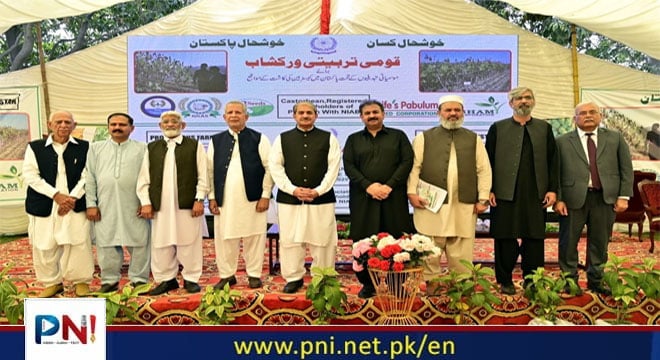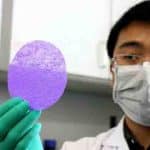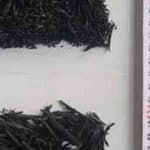FAISALABAD – April 12, 2025: Nuclear Institute for Agriculture and Biology (NIAB) organised a national training workshop in the context of climate shifts and scope of castor bean in Pakistan.
Dr. Masood Iqbal, Member Science Pakistan Atomic Energy Commission was the chief guest on this occasion. In his speech, he highlighted the contribution of the Pakistan Atomic Energy Commission (PAEC) in the socioeconomic development of the country by using nuclear technology. PAEC has been striving hard to achieve sustainable development goals in different areas of national importance including energy, healthcare, food safety, agriculture and radio isotope production. He particularly mentioned the application of nuclear technology in the agriculture sector by the Commission and told that four agriculture centres of PAEC — namely, the National Institute of Biotechnology and Genetic Engineering (NIBGE) and NIAB Faisalabad and Nuclear Institute of Agriculture (NIA) Tandojam and Nuclear Institute for Food and Agriculture (NIFA) Peshawar have so far introduced over 159 high-yield and climate resilient varieties of different crops in the country of which 68 varieties are still being sown in the fields.
Dr. Masood Iqbal said, “It gives me immense pleasure to be invited to this unique training workshop. The huge number of participants is proof of the active collaboration of NIAB with farmers which is a matter of pride for Pakistan Atomic Energy Commission management as well.
PAEC was established in 1956 with the mandate of peaceful use of nuclear technology and the first agriculture centre of PAEC named Nuclear Institute of Agriculture (NIA) was established in 1961 in Tandojam.
Today, 40 percent of the wheat being sown in Sindh originates from NIA varieties. The first GMO based cotton crop variety of Pakistan has been developed by NIBGE and has been approved. In the energy sector, six nuclear power plants of PAEC are supplying over 3500 MW to the national grid. In the health sector, PAEC is catering to the diagnostic and treatment needs of nearly 80 cancer patients in the country through its 20 Atomic Energy Cancer Hospitals. Radiopharmaceutical kits produced by Pakistan Institute of Nuclear Science and Technology (PINSTECH) for cancer diagnosis are being supplied to cancer hospitals throughout the country. Similarly, a world class engineering university, Pakistan Institute of Engineering and Applied Sciences (PIEAS), is offering courses in Nuclear and related Engineering fields.”
Earlier, Dr. M. Yussouf Saleem, Director NIAB welcomed the participants and explained the purpose of conducting the training workshop by NIAB with the aim of promoting castor bean through transfer of technology policy. He shared with the participants that the castor bean varieties introduced by NIAB have the potential of giving 100 maund per acre yield in just 140 days. On this occasion, Dr. Mehmood ul Hassan, Focal Person of NIAB for castor bean and sesame, gave a detailed presentation on the national event and welcomed the participants.
Syed Asghar Ali Shah Ex. Federal Minister & Agri. Minister from Noshero Feroz, Sindh and Dr. Sohail Zafar Ex. Minister of Commerce & Industries also delivered speeches.
The event titled “Training for cultivation of modern varieties of NIAB at low intensity to increase income generation at farmers’ fields” attracted nearly 400 stakeholders associated with castor bean including progressive farmers, seed companies, industries, exporters, scientists, faculty members of R&D Institutes and universities. Participants gathered from all four provinces, AJK and abroad — primarily from the UK, Oman, and Korea.
The event also included the field visit of NIAB Gold, NIAB Spineless, NIAB Castor 2023 varieties which are climate smart, high yielding with minimum maturity duration. At the end of the training workshop, pre-basic seeds of the NIAB castor bean varieties were also distributed among the progressive farmers. Castor bean is primarily used for extracting castor oil, which has various industrial and medicinal applications besides being used as biofuel.
Ends
Follow the PNI Facebook page for the latest news and updates.









